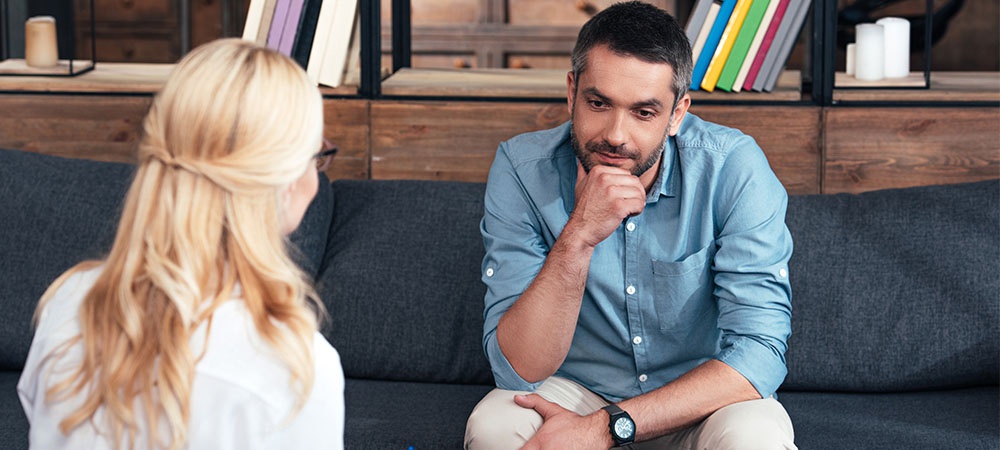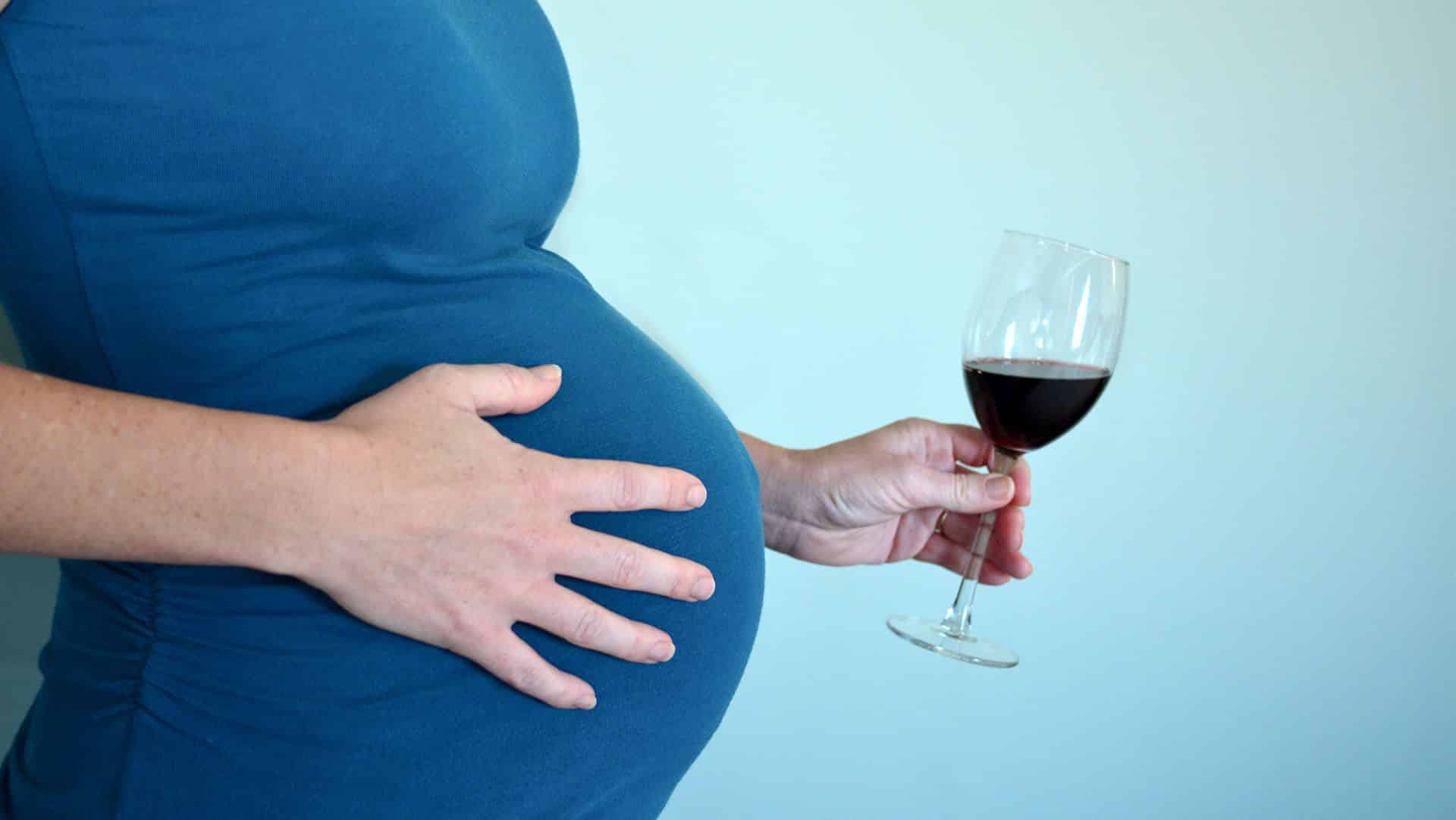Family Therapy
You often hurt the ones you love the most, especially in addiction. Yet most treatment plans only focus on individual therapy. Let’s take a closer look at the options available to heal your mind after you heal your body.
Making the decision to get sober is a brave one that is often not entered into lightly. It is one that is often met with not only physical withdrawal symptoms but also the need to examine what led you to this point.
Often one of the first things that sobriety presents an addict with is the reality of the actions they took to lead them down the path of substance use as well as the people they hurt along the way. While substance abuse is a voluntary act, the abuse of substances can lead to involuntary actions.
With this in mind, it seems that more treatment options would include family counselling as an addiction treatment tool. Yet, many programs only focus on the individual.
Therapy as an Addiction Treatment
Many treatment programs focus on the individual and their needs to get better. While making the choice to get sober and going through detox is a wonderful achievement; it is only the beginning. The road to recovery is also met with many challenges along the way. In order to help those with addiction issues to remain sober, therapy is often offered.
Why is Therapy Important for Recovery?
Both genetic and environmental factors play a role in the initiation and transition from the use of controlled substances to abuse. In fact, studies of twins and adoptions have demonstrated the risk of substance abuse is proportional to the genetic link to an addicted relative.
While genetics play a role in your risk for addiction, the environment also plays an important role. Once your body is no longer addicted to your substance of choice, you will still experience triggers that can trigger a relapse. Often these triggers are related to your environment such as:
- Visiting friends/family who shares your past addiction
- Going back to a partner/spouse/significant other who uses illicit drugs or alcohol
- Visiting a neighbourhood or area where you used to use your drug of choice
- A sudden life stressor or build-up of everyday stress
Participating in therapy can help teach you healthy coping skills and provide comfort and support during your recovery.
There are many treatment options often offered to those in recovery including:
Individual Therapy: Individual therapy can be helpful, especially if you have an underlying mental health issue that needs to be addressed. Depression, anxiety or bipolar disorder are a few common mental health issues that can benefit from therapy.

Individual Therapy can Include:
Cognitive behavioural therapy, or CBT, is a psychological approach that developed through scientific research.
CBT teaches individuals new skills to manage their addiction. It aims to teach the individual how to recognize the thoughts, moods and situations that can trigger cravings. With CBT, individuals are taught how to avoid or reframe these thoughts or triggers. CBT is also an effective method for mental health conditions. It is one of the most effective treatments for anxiety.
CBT skills can be helpful and long-lasting, but not all therapists are trained in CBT and able to offer it.
Contingency Management: This type of therapy can be used as a stand-alone or in conjunction with another therapy like CBT. This therapy uses positive reinforcement of desired behaviour. When the individual reaches their intended goals, like a clean drug test, they will be rewarded with rewards. In addition, undesired behaviours will result in revoked privileges.
Motivational Interviewing: This therapy model uses the motivation of the love of family or friends as the motivation to maintain sobriety. The therapist will make the focus of the treatment the desired end goal: whether it means reuniting with your family or returning to a coveted career.
Group Therapy
Group therapy is common within the recovery community. Alcoholics Anonymous and Narcotics Anonymous are two popular 12-step group recovery programs. These programs can be a great way to receive support and encouragement from those who are also in recovery.
Those who are also in recovery can help hold you accountable. Yet, without a certified physiotherapist involved those with mental health concerns will not have them properly addressed. In addition to group therapy, those in recovery may also require individual therapy.

What is Missing from These Treatment Options?
While treating the individual is important, family is central to the treatment of any health problem. Whether the family dynamic contributed to the addiction or was simply hurt along the way, healing the family can help with healing the individual.
According to the Center for Substance Abuse Treatment publication, Treatment Improvement Protocols, It is important to understand the complex role that families can play in substance abuse treatment.
Families can be helpful in the treatment process but they can also enable the addict and manage the consequences of their behaviour.
Each member of the family may be concerned for the recovery of their loved one, but also has their own personal issues that need to be addressed as well. Providing services to the whole family can improve treatment effectiveness.
Family Counselling as an Addiction Treatment Tool
By choosing family counselling as an addiction treatment tool, you are able to focus on more than just the person in recovery. While individual counselling focuses on making goals for the individual only, family therapy can leverage the entire family to make goals as a unit.
By including the entire family in the practice of goal setting it may be easier to facilitate healing within the family as well.
It is important to recognize that the word family here can be used to name several different types of families including:
A traditional family: includes the people that lived in your home now, or while you were growing up.
An extended family: this can include traditional family members as well as extended members such as grandparents, aunts, uncles and cousins.
A chosen family: This can include an emancipated youth living among peers, a single person and their close circle of friends, Godparents or other non-related members who have a close bond, or gay and lesbian people and their partner and/or children.
Family can be practically defined as your closest emotional connection. Individuals are often encouraged to choose who is to be invited to be included in their family therapy.

Acknowledge and Heal
One of the final steps of the 12 steps to recovery is to do a self-inventory. During this process, the addict takes an inventory of the wrongs they have done in their life and makes amends with those they hurt.
This difficult step can be made easier if it is built on a foundation of healing with family therapy. We often hurt the ones that are closest to us in our path to destruction. Finding the path to forgiveness and moving forward may be best done with the help of a professional.
Are you ready to start your path to sobriety? Click here to find a treatment center in your area to start your journey today.







